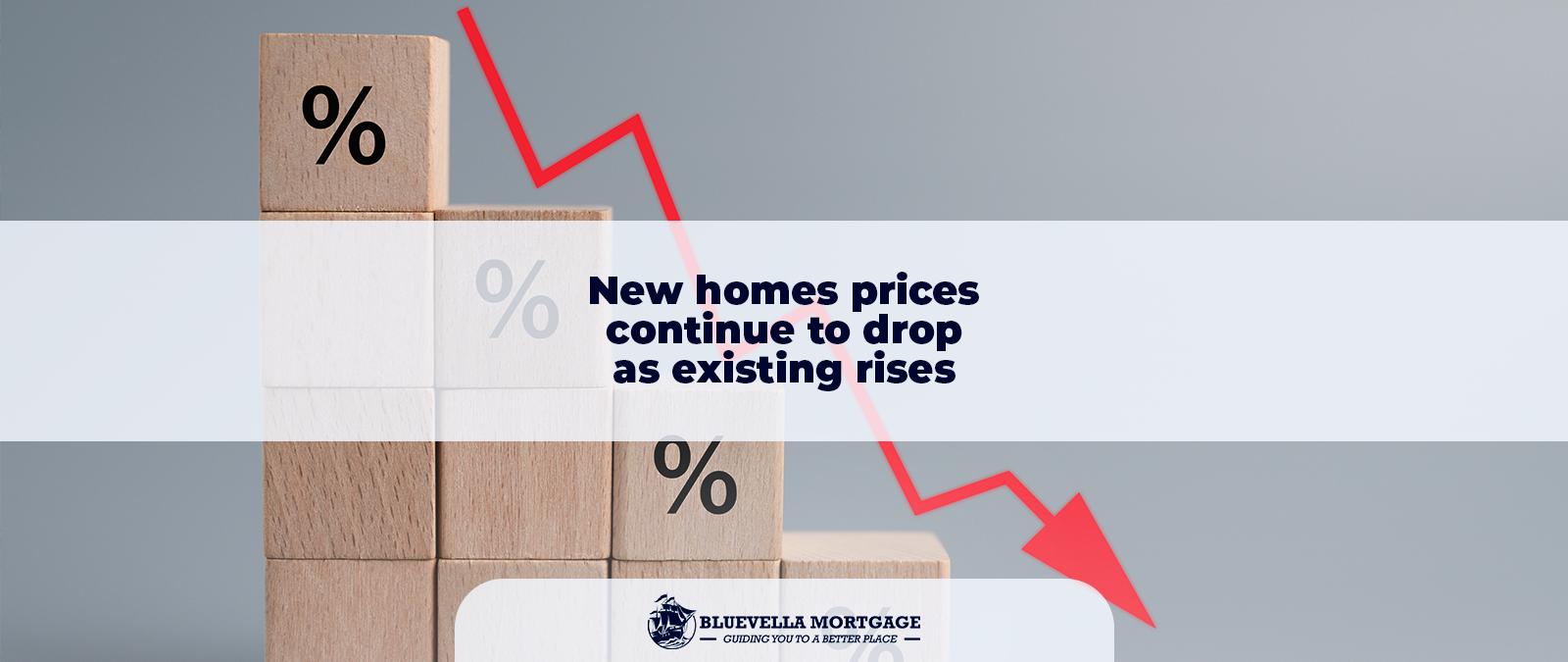
The Evolving Landscape of Single-Family Home
The Evolving Landscape of Single-Family Home Sizes: Trends and Impacts Since the Virus Crisis Introduction: Home Size and the Pandemic The COVID-19 pandemic has fundamentally

The Evolving Landscape of Single-Family Home Sizes: Trends and Impacts Since the Virus Crisis Introduction: Home Size and the Pandemic The COVID-19 pandemic has fundamentally

Understanding Mortgage Rates Mortgage rates refer to the interest rates charged on loans taken out to purchase real estate. These rates are crucial as they

Zillow’s New Private Listings Rule: What You Need to Know for 2025 Introduction to Zillow’s New Policy In 2025, Zillow is set to implement a

Introduction to Housing Starts Housing starts refer to the number of new residential construction projects that have begun during a specific period, typically measured monthly

Mortgage Demand on the Rise: Homebuyers Show Increased Interest in 2025 Introduction to the Current Mortgage Market The mortgage market is currently experiencing a notable

Mortgage Rates Catch a Break: May 2025 Update Current Mortgage Rate Overview As of May 19, 2025, the mortgage landscape reflects a unique blend of

Weekly Mortgage Demand Continues Recovery Trend – May 2025 Introduction to Weekly Mortgage Demand The mortgage market has undergone significant fluctuations over the past few

Homeowner Tenure : Why We’re Staying Put Longer Than Ever Introduction to Homeowner Tenure Trends Homeowner tenure refers to the length of time individuals or

Introduction to the Housing Market Dynamics The current housing market is characterized by notable contrasting trends, particularly in the pricing of new versus existing homes.

Introduction to the New USDA Rule The USDA’s Rural Manufactured Housing Rule marks a significant development in housing policy, particularly for rural communities across the

The Evolving Landscape of Single-Family Home Sizes: Trends and Impacts Since the Virus Crisis Introduction: Home Size and the Pandemic The COVID-19 pandemic has fundamentally altered various aspects of daily life, one of the most significant being the way individuals perceive their living spaces. As lockdowns were implemented and remote

Understanding Mortgage Rates Mortgage rates refer to the interest rates charged on loans taken out to purchase real estate. These rates are crucial as they significantly impact monthly mortgage payments and the overall cost of homeownership. Understanding mortgage rates is essential for potential homebuyers, as these rates directly influence the

Zillow’s New Private Listings Rule: What You Need to Know for 2025 Introduction to Zillow’s New Policy In 2025, Zillow is set to implement a significant change to its platform with the introduction of new private listings rules. This policy shift marks a noteworthy development in the real estate industry

Introduction to Housing Starts Housing starts refer to the number of new residential construction projects that have begun during a specific period, typically measured monthly and annually. This metric serves as a critical gauge of the health of the housing market and, by extension, the broader U.S. economy. Housing starts

Mortgage Demand on the Rise: Homebuyers Show Increased Interest in 2025 Introduction to the Current Mortgage Market The mortgage market is currently experiencing a notable resurgence as homebuyers demonstrate increased interest in purchasing homes in 2025. Recent patterns indicate a significant upward trend in mortgage demand, suggesting a shift in

Mortgage Rates Catch a Break: May 2025 Update Current Mortgage Rate Overview As of May 19, 2025, the mortgage landscape reflects a unique blend of stability and slight adjustments in rates. The average mortgage rate for a 30-year fixed mortgage currently stands at 6.25%. This marks a marginal decline of

Weekly Mortgage Demand Continues Recovery Trend – May 2025 Introduction to Weekly Mortgage Demand The mortgage market has undergone significant fluctuations over the past few years, largely influenced by economic factors and changes in interest rates. As of May 2025, signs of recovery in weekly mortgage demand are becoming increasingly

Homeowner Tenure : Why We’re Staying Put Longer Than Ever Introduction to Homeowner Tenure Trends Homeowner tenure refers to the length of time individuals or families reside in their owned properties before either selling or relocating. This concept has garnered significant attention in the real estate market due to its

Introduction to the Housing Market Dynamics The current housing market is characterized by notable contrasting trends, particularly in the pricing of new versus existing homes. These trends are significant for potential buyers, sellers, and investors who are navigating the increasingly complex real estate landscape. In recent months, data indicates that

Introduction to the New USDA Rule The USDA’s Rural Manufactured Housing Rule marks a significant development in housing policy, particularly for rural communities across the United States. This rule was enacted to address the pressing need for affordable housing options, ensuring that low to moderate-income families have greater access to

Copyright © 2025 Bluevella Mortgage, LLC. NMLS 2260248 All Rights Reserved.